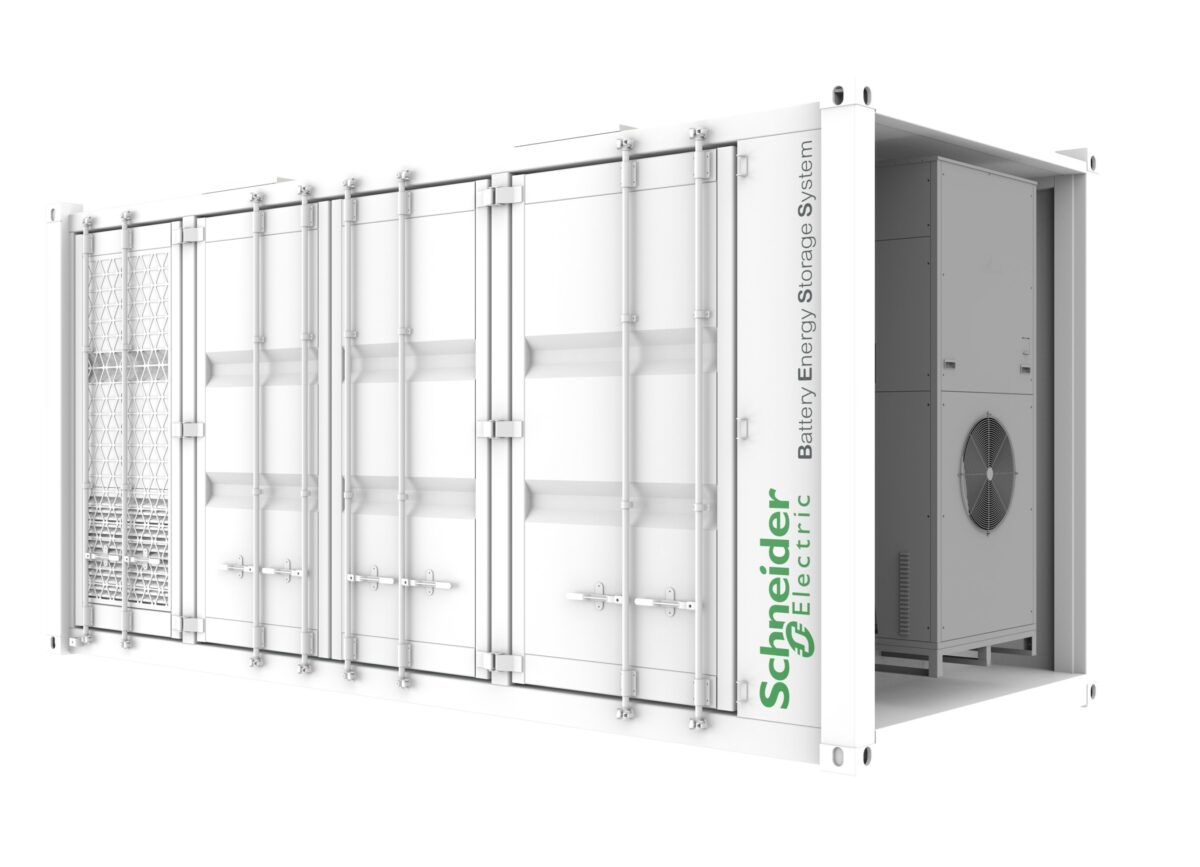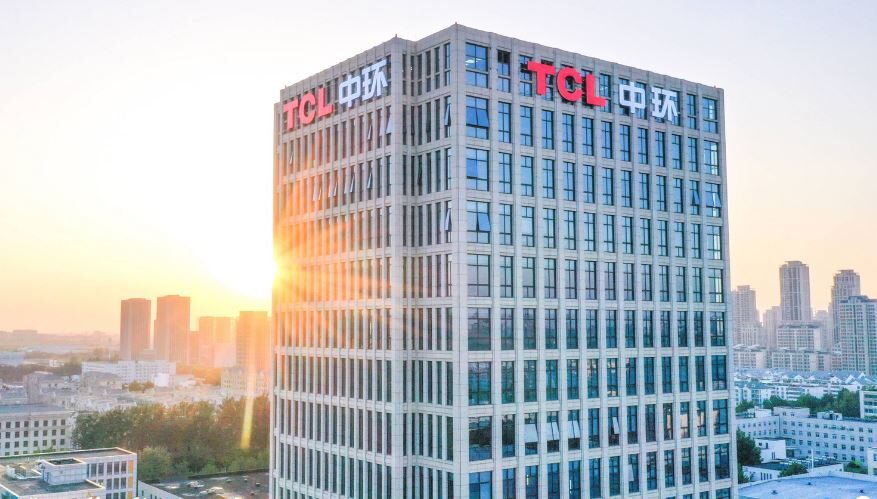French multinational energy management company Schneider Electric has announced a new Battery Energy Storage System (BESS) for microgrids. It is available in two enclosure sizes and has different storage and discharge configurations.
“Comprised of a battery system, battery management system, power conversion system, and controller, BESS has been tested and validated to work as an integral component of Schneider Electric's standardized microgrid system, EcoStruxure™ Microgrid Flex,” the company said in a statement. “It is fully integrated into the software suite, which includes EcoStruxure Microgrid Operation and EcoStruxure Microgrid Advisor.”
The BESS 7ft (2.1 m) long enclosure has a power of 60 kW or 90 kW and maximum storage of 246 kWh, with a discharge configuration of two or four hours. It weighs 3.6 metric tons, and it is AC and DC coupled. On the other hand, the BESS 20ft (6.06 m) long enclosure has a power of 250 kW, 375 kW, or 500 kW, and maximum storage of 1,720 kWh, with a discharge configuration of two or four hours. It weighs 25 metric tons, and it is AC coupled only.
“The BESS is a fully self-contained solution built upon a flexible, scalable, and highly-efficient architecture delivering flexibility, helping to minimize energy costs and maximize renewable energy,” the company added. “As part of a microgrid system, the BESS leverages onsite generation sources to optimize the entire system, delivering energy and cost savings while maximizing usage of renewables.”
Both enclosures use Lithium-Ion Iron Phosphate (LFP) batteries, which have a rated calendar life of 15-20 years and more than 6,000 cycles. The BESS's operating temperature ranges from -20 C to 50 C, and Schneider Electric offers a three-year warranty.
This content is protected by copyright and may not be reused. If you want to cooperate with us and would like to reuse some of our content, please contact: editors@pv-magazine.com.



This is a very crucial initiative in the field of renewable energy.. We really we could have them in Malawi
This is wonderful, we really need this kind of technology, especially in our developing countries….keep it up Schneider.